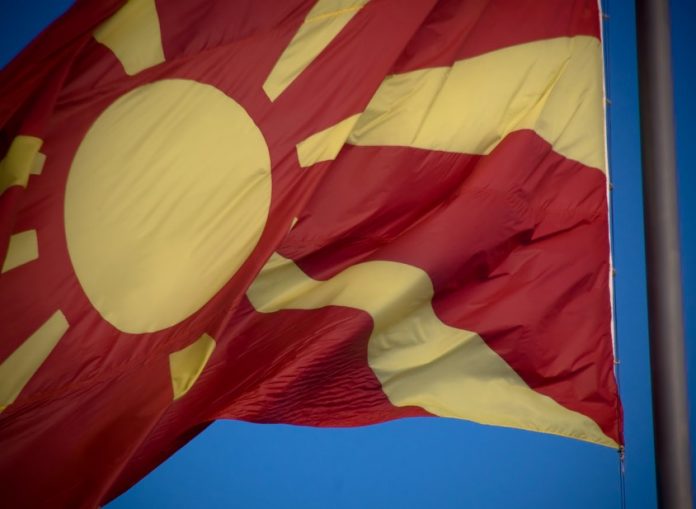In August Macedonia became a major destination for European politicians.
First to arrive in Skopje was the Austrian Chancellor Sebastian Kurz, then half the Geman cabinet and finally Chancellor Angela Merkel herself. These European household names paraded in Skopje in support of the Prespa Agreement with Greece, promising that its popular ratification will open the door to Macedonia’s Euro-Atlantic integration.
In Skopje, the atmosphere is tense.
Following the conclusion of the Prespa Agreement this summer, prime minister Zoran Zaev has optimistically pursued a multi-track agenda, home and abroad. The forthcoming referendum has kicked off most politically intensive and polarised campaign Macedonia ever had. Citizens are highly engaged, as is the cabinet, especially the Minister of foreign affairs Nikola Dimitrov and the Minister of Interior Oliver Spasovski. The main argument put by the government to the electorate is that ratifying the Prespa Agreement is key to NATO and EU membership.
In sum, a “Yes” vote is a sine qua non for the country’s escape from dire poverty, mass migration, and the tremendous brain drain.
All politicians are joining in a campaign that leaves no one indifferent. Members of the opposition are joining the campaign favouring a “Yes” vote. That includes the founder of the leading opposition party VMRO DPMNE, Ljupcho Georgievski, and the first Speaker of the Macedonian Parliament, Stojan Andov. The former President, founder and leader of the ruling Social Democratic Party (SDSM), Branko Crvenkovski, is also playing a prominent role.
The official party line of the opposition is abstention. VMRO DPMNE is calling for a referendum boycott, but a recent press release suggests the party is loosening its party line calling for an individual consciousness-vote. Official campaign slogans still spell out “Boykotiram,” but this is more of an academic than a political argument.
Polling shows varied rather than consistent traits. The US Republican National Institute conducted a poll in July that suggests overwhelming support for “Yes”: 49% favour Yes, 22% “No” while 16% would abstain. A week later, a poll by the Macedonian Centre for International cooperation suggests that 41.5% favour a “Yes,” against 35.1% for “No.” A more recent survey suggests that this will be a much closer call.
The atmosphere feels polarized and many of those who advocate “Yes” believe that the agreement with Greece is ultimately asymmetrical and unfair, concluding however that there is no alternative for the country to move forward.
Political parties of the smaller ethnical communities, especially Albanian and Turkish have also joined the campaign, intensively campaigning for “Yes.”
Some leftist groups favour abstention and have pursued legal activist, trying to block the referendum at the Constitutional Court. The Constitutional Court appears polarized, with members nominated by the former President Gjorge Ivanov calling for a “No” vote.
And Brussels is not neutral on the matter. The delegation of the EU in Skopje joined the campaign with the motto “Imagine a future together.”
Campaigning, information, disinformation, noise and echo are all signs of a campaign that is unpredictable.
There are two additional concerns.
Electoral lists have 1,8 million voters; more than 900 000 voters need to show up on Sunday for the referendum result to be valid. However, given that this electoral list is founded on a census taken in 2002, it is likely to be inaccurate. There could be “technical abstention” that is not actual abstention because tens of thousands continue to immigration. According to Electoral Commission data, only 1,035,247 voters showed up in the latest legislative elections of 2017.
Furthermore, the Macedonian referendum law specifies that the outcome, whatever it may be, is officially consultative rather than binding. The consultative nature of the referendum could demotivate voters from going to the polls if they believe the political decision is already taken.
Officially, the campaign ends on Thursday evening.
The odds are that the “Yes” vote will prevail are significant. However, even with solid support from the ruling SDSM, coalition parties, ethnic minorities, and a considerable share of VMRO opposition voters, this will still be a hard task, but of course not impossible.
Vesna Poposka is an independent analyst, PhD candidate of international relations and security at the Macedonian Military Academy.

